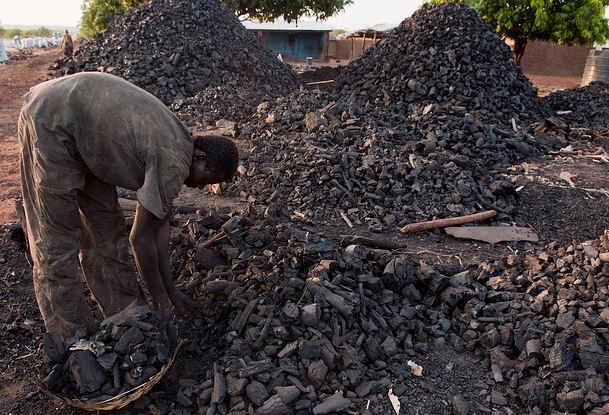The days of cooking for the family with charcoal, according to Ms. Lola, who owns and operates a supply business in the Accra neighborhood of Awoshie, were long gone. She claims that since it had been years, it was expected that when she returned to using charcoal a few weeks ago, she had to spend hours searching her cupboard before discovering her coal pot.
But why did she turn around? The solution can be found in the steady price increases of the substitute, liquefied petroleum gas (LPG). LPG costs have risen so much since the beginning of the year that customers are now obliged to either switch to alternatives like charcoal or buy the fuel in parts when previously they would just fill up their cylinders.
Ms. Lola is not the only person in this extremely bad situation. Similar frustrations about the escalating cost of LPG have been expressed by other households that the B&FT has spoken to.
Gladys, a three-parent single mother who also resides in Awoshie, said: “I own one of these small cylinders, but I haven’t filled it in a while. Due to the fact that I sell pure water on the street, it is difficult for me to support my three kids, especially my youngest boy.
“So for me, anytime I am ready to cook, I get at least GH¢3 charcoal, and I am able to cook. Using charcoal is stressful but that is what I am able to afford due to the price of the LPG”.
A kilogram of LPG cost GH8.93 in January, therefore filling the standard 14.5kg cost GH129.49. The price per kilogram in May was GH11.18, which amounted to GH162.11 for a 14.5kg. It costs GH170 at the moment; transportation costs are not included.
Contrarily, charcoal and wood fuels, unlike LPG, are easily accessible in every neighborhood across the nation at a variety of prices and sizes/weights. As a result, more people would choose them in the current economic climate as they seek to reduce costs to get by during difficult times.
Executive Director of Africa Centre for Energy Policy (ACEP), Benjamin Boakye, commented on this during the inauguration of a pilot study on “Promoting ethanol as a clean cooking alternative in Ghana,” stating that the return to charcoal will halt the advancement of clean fuels.
“Already, people have started switching to charcoal and wood fuels for cooking, and that raises the need to look at others that can be domesticated. The dependence on the global commodity market has implications for how sustainable the use of LPG and other fossil-based sources that are considered to be cleaner are. We need to consider alternatives locally that we can use instead of going back to wood fuels.
“We are going to create a bigger market for charcoal and fire wood; so it is a real danger. With the kind of price scenario we are seeing currently, if we don’t get some solution and some alternatives immediately, we may see many people switching from LPG to wood fuels,” he said.
The government declared a national objective in 2017 to ensure that by 2030, more than half of the population would be using LPG for cooking rather than the long-standing conventional wood fuels.
However, there are concerns that the worst is yet to come due to developments on the global crude market, rising LPG prices, and cedi depreciation, endangering both the government’s target and United Nations Sustainable Development Goal Seven.
On the other hand, the World Health Organization also predicts that diseases linked to indoor air pollution cause around 4 million deaths each year. These conditions include lung cancer, chronic obstructive pulmonary disease, pneumonia, and stroke.





